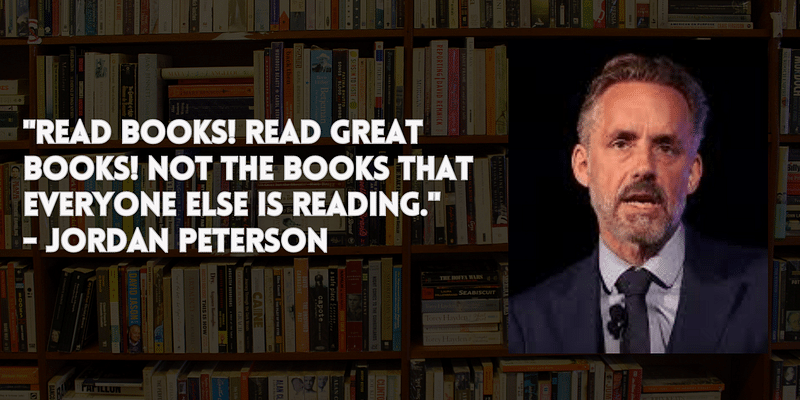Every Indian should care about foreign policy: S Jaishankar
The Minister of External Affairs of India talks about the impact diplomatic decisions have on the everyday lives of citizens.
Key Takeaways
● External Affairs Minister S Jaishankar says foreign policy is not confined to politics or bureaucracy but impacts citizens and their everyday lives.
● India has taken some tough calls in recent international matters, keeping the larger public interest in mind
● He reiterates that globalisation is leading to a multipolar world
● India’s foreign policy successes are evident from the rising manufacturing and jobs in the country
In 2021, a global semiconductor or chip shortage led to a rise in the cost of smartphones. An even bigger impact was that on the automobile industry. Vehicle production was prolonged, and there were fears of rising prices. The next year, the Russia-Ukraine war pushed up wheat prices because Ukraine was a major exporter of the grain. India had to ban wheat exports to arrest rising wheat prices and growing inflation. While these may seem like distant events for us in India, in an interconnected world like ours, foreign policy decisions have a huge impact on our daily lives.
“Every Indian should care about foreign policy because it is going to impact every Indian,” says S Jaishankar, the minister of external affairs of India.
The examples above just prove his point. Foreign policy has a direct impact, not just on your groceries and necessary purchases, but also on your daily life and job prospects.
India’s foreign policy has evolved over the past few decades, with the core tenet of protecting the country’s interests on the global stage. In its most recent decisions, the country has maintained strategic autonomy in its decisions on crucial international matters. Many of these decisions have been guided by the stated policy of protecting the interests of the poor or underprivileged.
Navigating the oil purchase conundrum
India is dependent on imports to meet its crude oil needs. But at the same time, the external affairs minister explains how the government is focussed on keeping inflation under control and ensuring that the common public doesn’t face adversities.
The minister highlights this with an interesting nugget. “There was pressure on us to not buy oil from Russia,” he recalls from the beginning of the Russia-Ukraine war in 2022.
Since the beginning of the war, the US, the UK, European Union, Australia, Japan, and Canada have imposed over 16,000 sanctions on Russia. The US, the UK and EU also banned exports of oil and gas, a major revenue stream for Russia. However, India continued importing oil from Russia and came under heavy criticism from the West.
“If we did not buy Russian oil and continued buying from the Middle East, oil prices would have gone up. That means Indian consumers, some of whom are really low-income consumers, would have ended up paying higher prices for petrol,” the minister explains.
A rise in inflation, and a price rise in daily consumables, from vegetables to milk and even grocery invariably follows a rise in fuel prices. “Here is the connection between foreign policy and price rise. It would have cost stability,” he adds.
Living in a multipolar world
The minister, often considered the most strategic thinker of our country, is a vocal proponent of the idea of a multipolar world.
“Today, we are living in a globalised world. Anything big that happens anywhere is going to come to our homes,” he reiterates. He has said on several international platforms that globalisation is the reality of our times, and developments in any part of the world can no longer be considered in isolation.
It is also foreign policy, coupled with India’s focus on an Aatmanirbhar Bharat, that has fueled a new wave of manufacturing opportunities in the country. Post-pandemic, the West is increasingly looking East to de-risk from China. And India is a strong contender in that race. The US, for instance, sees India as a “vital partner in promoting a peaceful, stable, and prosperous Indo-Pacific region”.
The minister says that diplomacy opens new doors. For example, due to our strategic relations, India can buy aircraft from America, oil from Russia, and missiles from Israel.
Another area where India has made great strides is chip manufacturing. “This is a world of chips or semiconductors,” says the minister. Technology giants such as Apple and Google have begun manufacturing their phones in India. Diplomacy and foreign policy have a big role to play in these developments.
Countries are willing to set up manufacturing facilities in India as a direct result of diplomacy, according to the minister. “Manufacturing is a sensitive issue. When we can convince some countries through diplomacy to set up (factories) in India, they are willing to sign those agreements,” he adds. These agreements, in turn, generate thousands of new employment opportunities and promote technological advancements.
In his parting views, the minister wants to remind people that foreign policy is important for every Indian. It is not just relevant to ministers like him or Indian Foreign Service officers. All of us have a stake in it.










![[Funding alert] Procurement startup Procol raises $1M from Blume Ventures, Rainmatter Capital](https://images.yourstory.com/cs/2/79900dd0-d913-11e8-a160-45a90309d734/Procol_Team1563342174946.JPG)
